Innovation stories
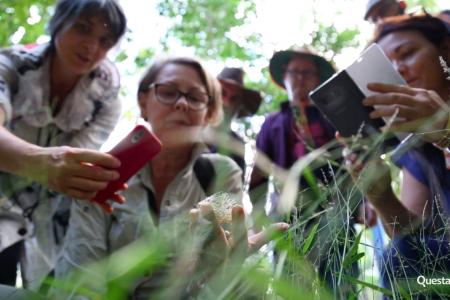
27 March 24
In 2018, Andrew and Malika Robinson relocated their eco-tech startup, Guardians of the Earth to Cairns through a successful application with the Advance Queensland Hot DesQ program.
“When we first...
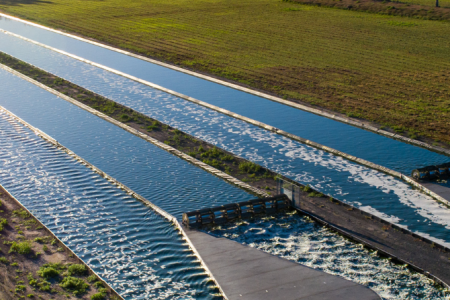
09 February 24
Goondiwindi-based Algae Pharm has scored a big win for one of Australia’s emerging agricultural industries: algae farming.
Part of the family-owned farming and grain processing Woods Group,...
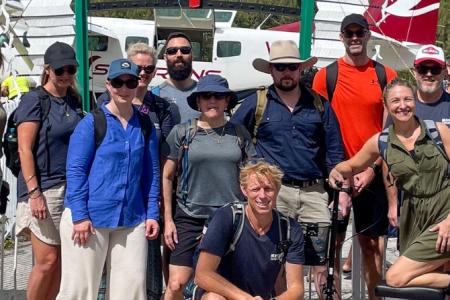
24 January 24
The Office of the Queensland Chief Entrepreneur’s ResilientQ program draws on the experience, expertise and mindset of a group of Queensland innovators and entrepreneurs to help Queensland regions...
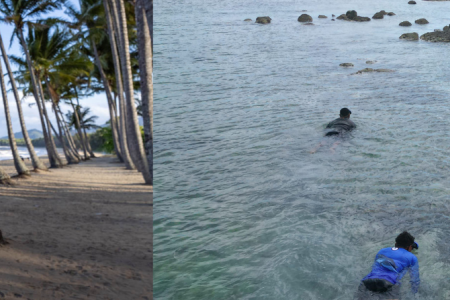
15 January 24
Dennis Fay is a firefighter with a unique passion for adventure and preserving his Torres Strait Islander heritage. It all started on a fishing trip when Dennis and his friends decided to add some...
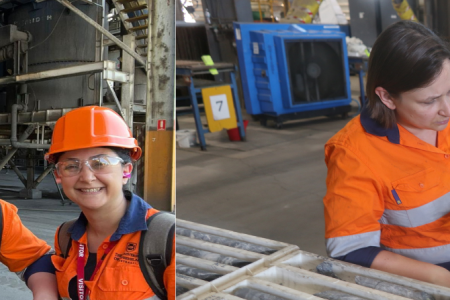
04 January 24
Associate Professor Dr Liza Forbes from the Julius Kruttschnitt Mineral Research Centre at The University of Queensland’s Sustainable Minerals Institute has taken on one of the big challenges in...
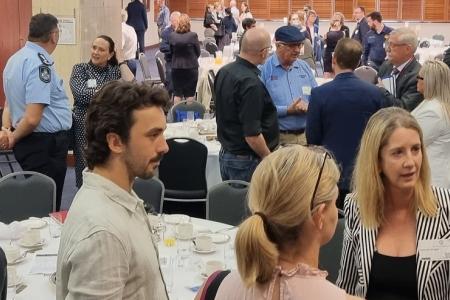
18 December 23
The teams from Cohort 3 and 4 of our Queensland Connects initiative showcased their groundbreaking work at Parliament House on November 29. Queensland Connects, a regional entrepreneurship...




